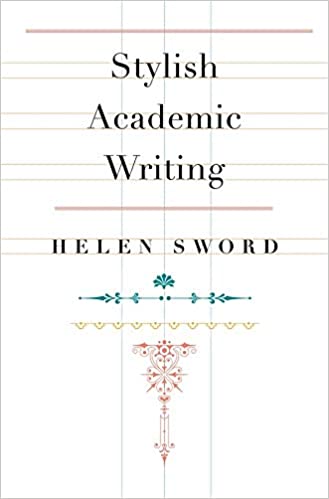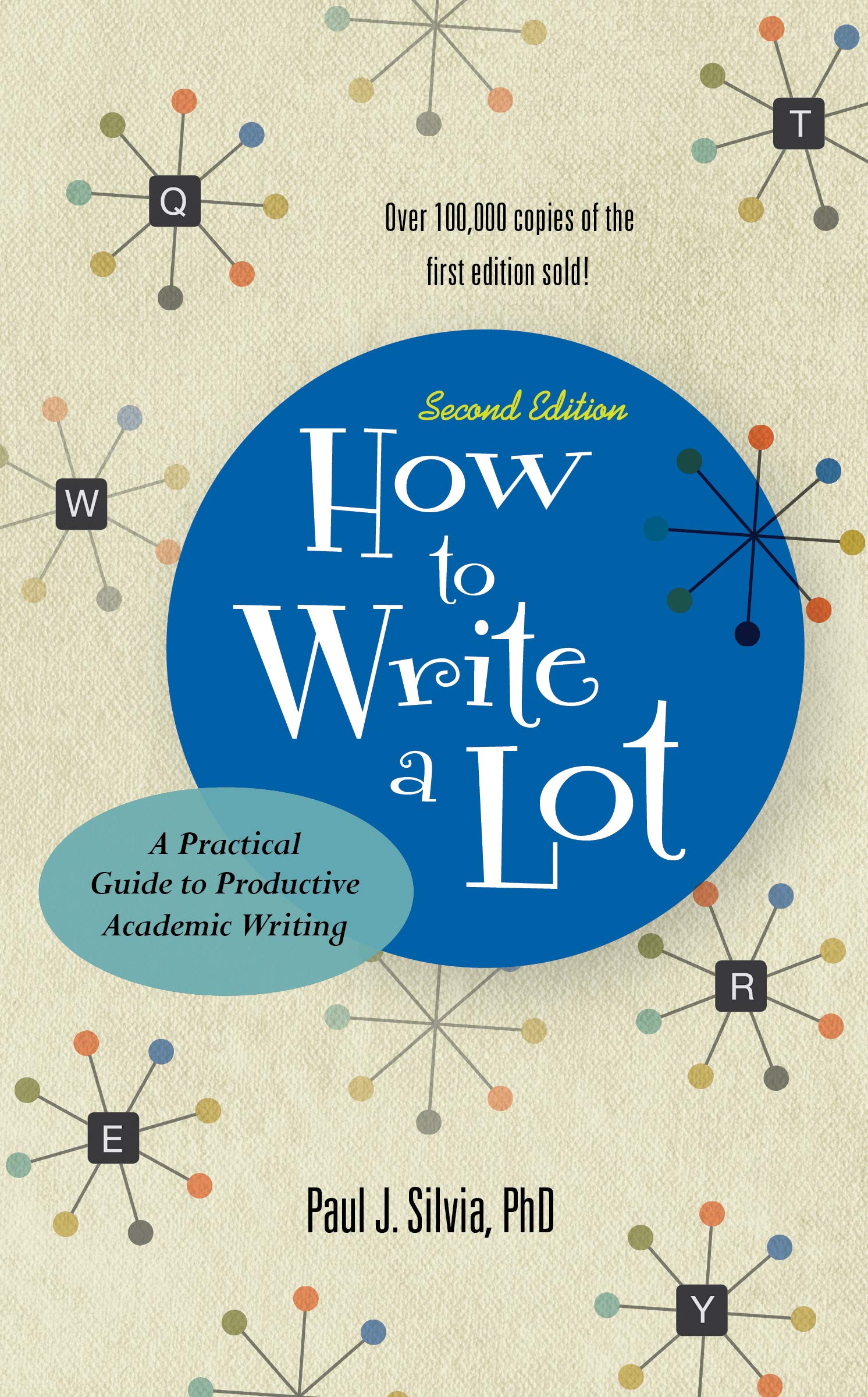Remember when we used to love hearing stories and reading books when we were kids and in our teenage years? As we grow old and enter adult life, there are so many distractions – Hello, Netflix – that we stop reading. As graduate students, we do know that written skills are highly important as they help us with our research papers, assignments, quizzes, exams, etc. in university or college. However, what most of us don’t know is that to learn how to write correctly, you need to read high-quality books on academic writing skills.
Reading about writing tells you what techniques you need to improve your writing skills and how you can get better grades on your research papers and thesis. You should read a good book about writing.
Let’s take a look at the best books on academic writing that will be helpful for researchers as well as anyone looking to improve their writing skills.
How to Fix Your Writing Trouble by Inger Mewburn, Katherine Firth, and Shaun Lehmann
 Did you just submit a student research paper and your university advisor gave it back to you with comments that didn’t make any sense? You should give this book a read. This is a highly informative, marvellously written, great book that is not helpful for graduates but will be very useful for supervisors and teachers as well.
Did you just submit a student research paper and your university advisor gave it back to you with comments that didn’t make any sense? You should give this book a read. This is a highly informative, marvellously written, great book that is not helpful for graduates but will be very useful for supervisors and teachers as well.
The major focus of this book is on the feedback that supervisors and advisors give on your papers. After you read this book, you will understand what your teachers mean when they say things like ‘your writing doesn’t flow’, etc.
You can easily resolve the issues you are facing after going through the examples and experiences that have been given in this book. There are several tips in this book on how to use vocabulary and how to cut down the number of words you use.
Stylish Academic by Helen Sword
While reading many research papers, we see that the sentences are often very long, boring, and full of academic jargon. It gets hard to read those papers, let alone understand them and extract information out of them.
 This book will help you figure out how to make your research work different from the boring work already present in the market. From advice on smart academic sentencing to tempting titles, this book has it all.
This book will help you figure out how to make your research work different from the boring work already present in the market. From advice on smart academic sentencing to tempting titles, this book has it all.
The author of the book is of the opinion that if you have elegant ideas, you should use elegant expressions to put those ideas down on paper. Even though it is slightly risky to deviate from the rules and conventions, especially if you are a beginner in the world of research, you should give this book a read.
There are many examples in the book that will tell you what a good research paper is and what makes a research paper a bad one.
The Craft of Research, 4th Edition (Chicago Guides to Writing, Editing and Publishing) by Wayne C. Booth, Gregory G. Colomb, Joseph M. Williams, Joseph Bizup, William T. Fitzgerald
 You must have come across this book before as well since it has been around for quite some time and is very popular as an all-around book on research work and how to perfect your research skills.
You must have come across this book before as well since it has been around for quite some time and is very popular as an all-around book on research work and how to perfect your research skills.
This book is very important and useful when it comes to looking at things from different perspectives, particularly the perspective of your readers. The book will help you ask questions, build a compelling argument, find the relevant sources, learn various styles, etc. when it comes to research work.
We like the comprehensiveness of the book. You will find various topics in this book that aren’t very common in any other book available in the market.
Writing for Social Scientists: How to Start and Finish Your Thesis, Book, or Article: Second Edition by Howard S. Becker
 Even though the title makes it sound like the book is only for social scientists, you can be a researcher from any field to derive benefits from this helpful book, when it comes to writing, editing, and revising your work.
Even though the title makes it sound like the book is only for social scientists, you can be a researcher from any field to derive benefits from this helpful book, when it comes to writing, editing, and revising your work.
There is a very interesting story in this book about how the author taught a writing course to graduates and how the pupils were afraid of showing their incomplete work to anyone due to fear of criticism.
Moreover, the author also compares the academia of today with that of 40 years ago. This helps us see what challenges the researchers of the past faced and how things have become slightly easier for people today due to technology.
How to Write a Lot: A Practical Guide to Productive Academic Writing by Paul J. Silvia
 Ever faced writer’s block? Most of us have, at one point or another, our lives. The author of this book is of the opinion that it is nothing more than a behaviour acquired due to not writing regularly.
Ever faced writer’s block? Most of us have, at one point or another, our lives. The author of this book is of the opinion that it is nothing more than a behaviour acquired due to not writing regularly.
Out of all the books on academic writing that we have discussed here, this is one of the most practical ones. Moreover, it is a very light read, and you will not get bored reading all about various types of writing.
The book helps you resolve various issues that you face while writing.
Author’s Bio:
Bertha Graham is a staff writer at papersowl.com with over 5 years of experience in education and teaching. She works for multiple mass media agencies and teaches various courses on research writing, book editing, and publishing research papers. Bertha also is a full-time blogger who has over 38 publications. She is interested in helping others use her skills.




